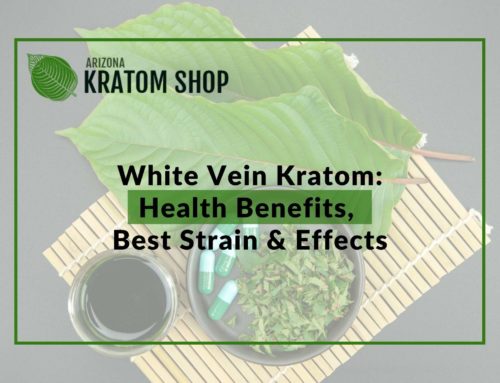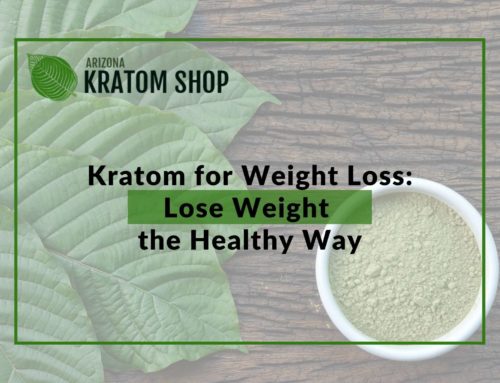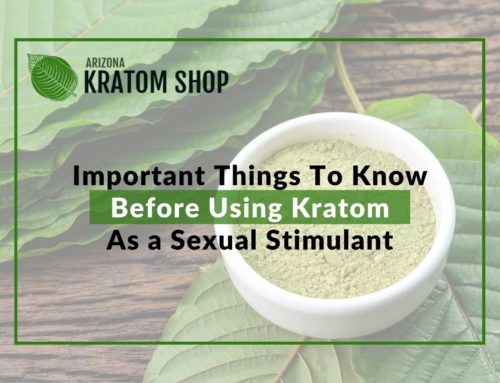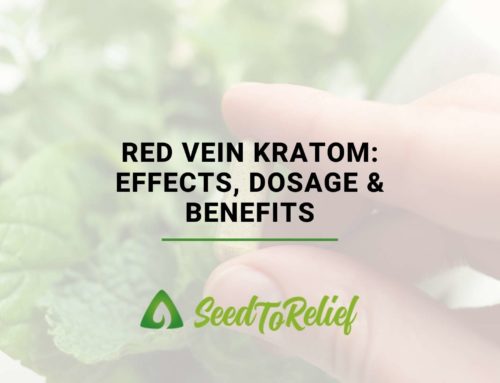Many people put kratom in the same category as opioids; however, that is not really the case. While both opioids and kratom can create mind-altering affects, they are not the same. In fact, kratom is often used by people to reduce and eliminate an opioid addiction. We are going to look at how kratom is different than opioids and why.
What are opioids?
We have reviewed what kratom is before, but before we can compare it to opioids, and review how kratom is different than opioids, we thought we should review what opioids are.
Opioids are a class of drugs naturally found in the opium poppy plant and that work in the brain to produce a variety of effects, including the relief of pain. These drugs work by interacting with opioid receptors in a person’s cells. When opioid medications travel through your blood and attach to opioid receptors in your brain cells, the cells release signals that muffle your perception of pain and boost your feelings of pleasure.
Opioids can be prescription medications often referred to as painkillers, or they can be so-called street drugs, such as heroin.
Many prescription opioids are used to block pain signals between the brain and the body and are typically prescribed to treat moderate to severe pain. In addition to controlling pain, opioids can make some people feel relaxed, happy or “high,” and can be addictive.
How is kratom different than opioids?
Kratom can cause effects like both opioids and stimulants; however, kratom is different than opioids in the way that the receptors interact with cells and the brain.
Kratom is a plant-based psychoactive substance that contains more than 40 different alkaloids. Its pharmacology is complex as the concentrations of the numerous alkaloids can vary widely. Mitragynine and 7-hydroxymitragynine are the primary active alkaloids responsible for the effects of kratom. Despite its interaction with opioid receptors, mitragynine is not structurally like traditional opioid medications.
Another key difference between kratom and traditional opioids is the lack of beta-arrestin-2 recruitment, which may explain the reduced side effects and lower risk of respiratory depression seen with kratom.
Is kratom addictive?
Kratom may be less addictive and more effective for the management of pain than opioids, according to research from Johns Hopkins University School of Medicine. In a cross-sectional, self-report survey of 2,798 participants, kratom was generally found to be highly effective, with 91% people taking it for pain, 67% for anxiety, and 65% for depression. Others take kratom to reduce opioid cravings and withdrawal.
Like other drugs with opioid-like effects, kratom might cause dependence, which means users will feel physical withdrawal symptoms when they stop taking the drug. More research is needed on kratom to fully understand its likelihood to cause addiction.
Kratom is relatively new to the USA and it’s too early to label it as a dangerous or entirely safe substance, because of a lack of scientific evidence. However, you cannot deny the public who have their stories to share about how kratom positively influenced their life. Thousands of individuals have reported that kratom enables them to deal with chronic pain, helping them improve their daily lives.
At Seed To Relief™ we offer the best kratom in the USA. Kratom has been used for centuries and offers many benefits and proven healing effects.
Seed To Relief provides the highest quality strains of kratom for customers looking to enjoy energizing and healing effects. Our strains are consistently tested to ensure that you are getting the highest quality, pure concentrations of kratom, giving you premium strains that offer a wide range of health benefits.
Choose from our red, white, and green vein kratom products for improved energy, enhanced brain function, relaxation, concentration, and more.




